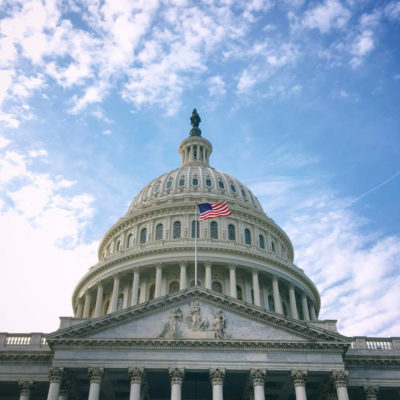The U.S. House of Representatives voted to up individual payments to citizens last night. House Resolution 9051, which would up $600 individual payments to Americans to $2,000 passed at just before 6PM Eastern Time last night 275-134, with 21 representatives not voting.
231 Democrats and 44 Republicans voted for the measure with 2 Democrats and 130 Republicans voting against. Illinois Democrat Dan Lipinski, who lost his re-election bid in November, was one of the two Democrats who voted against the measure. Illinois Republicans Mike Bost, John Shimkus, and Darin LaHood also voted against the measure. The remaining Illinois congressional delegation, including Republicans Rodney Davis and Adam Kinzinger voted for the $2,000 payments.
The $2,000 stimulus checks were championed by President Donald Trump last week, who had originally threatened to veto the original $900 billion COVID-19 relief bill sent to him. However, Trump signed the bill late Sunday. House Democrats jumped on Trump’s bid to push the payments higher, forcing Republicans back to the table over raising direct stimulus money to Americans amid the pandemic.
The Senate will next consider the measure, which will amend the original bill with the higher payment. The GOP-led Senate is likely to have less support for raising the stimulus total. Both houses of Congress are in session for the next two days to override President Trump’s veto of the National Defense Authorization Act. The House voted 322 – 87 to override the President’s veto late last night. The NDAA, a $741 billion national security package, will raise troops’ pay, direct the purchase of weapons and set military policies. It passed both the House and Senate with overwhelming support by both parties in November. President Trump vetoed the measure because of his disagreement with protections for social media companies. The protections passed in 1996, prevents companies such as Twitter and Facebook from being sued by anyone claiming to be harmed by a post. Trump says the protections are a threat to national security.




